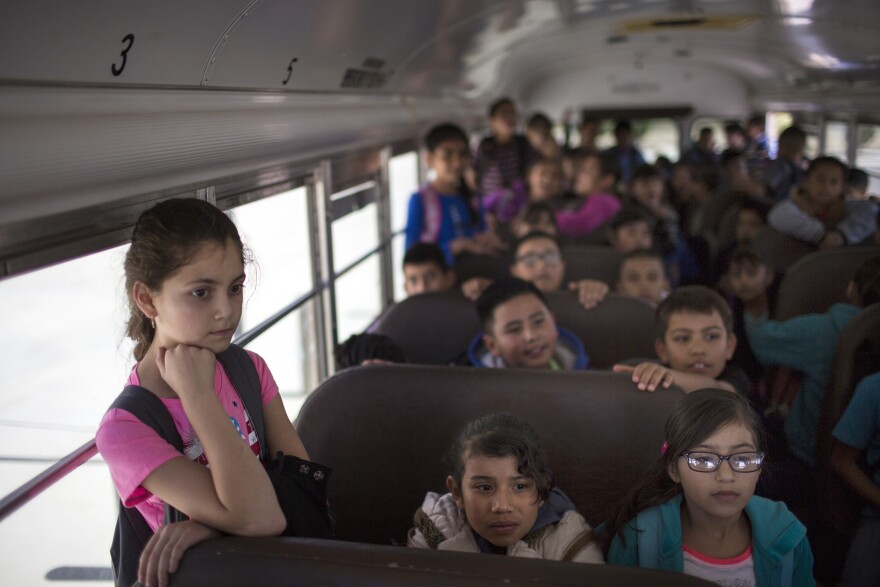In 1995 the cultural critic Neil Postman published a book with the provocative title "The End of Education," arguing that the public school system had fundamentally failed. Others have taken up the same theme over the years. Ivan Ilyich in "De-Schooling Society" advocated the abolition of schools altogether, and H.L.Mencken, the satirical Baltimore columnist, when asked what should be done to improve public education, said: “Burn the buildings and hang the professors.”
None of these proposals has been tried yet, but now we have a massive uncontrolled real-life experiment that may show whether or not there is a better way to educate children than in large bureaucratic institutions. For the moment, for millions of children, school has become home and home has become school.
The transition to home schooling must be difficult. The noble idea of universal education took root in the 1850s, driven by the belief that democracy could not survive without an educated population. Now, as so often happens, the system has grown into a monster with 130,000 schools, more than three million teachers, and uncounted numbers of bureaucrats and administrators.
This system has effectively monopolized education for a hundred and fifty years. How can parents hope to replace it? How many of them are qualified to teach, or have the patience and stamina to do it? Children have an even bigger adjustment to make. For them, home has been a safe space – safe that is from things like algebra and vocabulary. They are used to seeing their parents as loving protectors, and their little electronic screens as nothing but fun. It must be an awful shock it when parents and devices start posing nasty mathematical puzzles and quizzes on German verbs, as if Mickey Mouse had turned into Darth Vader.
The purpose of schooling, is to pass on a toolkit of useful knowledge and techniques that will allow children to get along in this complicated world. Their parents can scarcely be expected to do this. Most are smart enough to stay a chapter ahead in the textbook, or check out a computer lesson in advance. But the range of knowledge to be learned is just too vast, and teaching it is a specialized skill. Schooling, in this sense, will have to wait a while until a new system emerges, or we go back to the old system.
What we need right now is not home schooling but home education. Education was happening at home long before schools were invented, and its purpose was to bring children up with some appreciation of what we might call Civilization 101 – old- fashioned qualities like morality, curiosity, self-control, and emotional literacy. Education is about growing up and becoming a decent human being. No large buildings or yellow buses are necessary. This is what parents have always done. Unlike professional teachers they are not suffocated by bureaucracy or harassed by mandatory paperwork and tests. Not all parents are doctors of philosophy or bachelors of education, but they have all been educated in life, and by life, and have made the usual mistakes. They can teach what they know, and they will find that they know a lot.
Let parents take care of the education, and the schooling may take care of itself.
Copyright: David Bouchier



